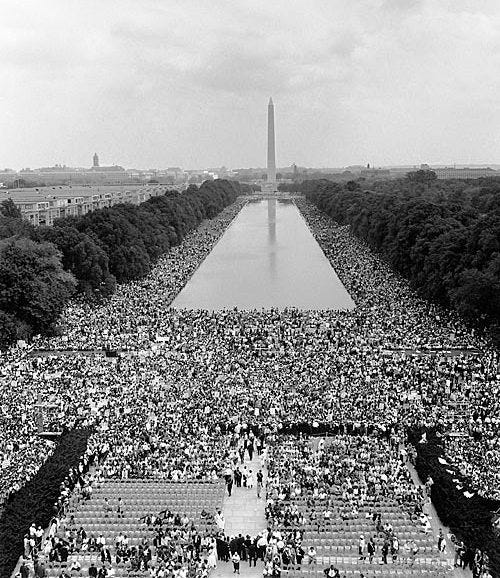
June 29 - June 30, 1942.
Summary:
Sophie Scholl relapses into depression just as they are working on Leaflet II. She feels that she cannot pray to God as “Du” or informally, as to a friend. Rather, if she prays at all, it must be in formal terms, to God as “Sie.”
The students mail Leaflet II with less efficiency than with the first leaflet: More trips to the post office, contents of envelopes more haphazard. It’s likely that they are feeling the stress of working on leaflet production while still going to class, or the pressure of getting two leaflets out back-to-back.
Alex sends a leaflet to Professor Baur, his sculpting teacher. Baur figures out that Alex is one of the authors and discusses the leaflet’s contents with Lilo. Baur says that it’s good they are distancing themselves from lies, but he fears their circulation is too small to be effective and that real change will only come about if resistance comes from within the military. Lilo is relieved she has someone in her corner who both cares about Alex as she does, yet who - like her - recognizes the danger he is in.
Alex’s words about the mass murders of Jews and Poles resonates with Hans Hirzel, who has been seeking concrete “proof” about National Socialist crimes. Hans Hirzel determines to make future political decisions based on ethical principles. His logic - that of a 17-year-old high school student - is worth citing in its entirety here.
It was a “2 + 2” approach: Two bases for evaluating actions and thoughts, which would result in one of two distinct endeavors.
To judge material stated as fact for which he had no firsthand knowledge, Hans Hirzel’s primary criterion became, “Everything that has not been disproved is possibly correct, and everything that has not been proved is possibly false.” That was closely followed by, “Act in such a way that a minimum of harm arises from what you have done and what you have left undone.” He added that harm could be caused by an otherwise ‘good’ action, and that it was first necessary to define “harm.”
Once both of these conditions had been met (and only then), an individual had one of two responsibilities. If he were intelligent, he must become involved in politics. Hans Hirzel believed that persons of lesser intelligence had a correspondingly lower obligation to “act correctly.” However, someone who was unable to accept political accountability was duty-bound to collect information that would at least give him greater insight into political relationships.
Hans Hirzel takes the two leaflets to Inge Scholl to confirm Hans and Sophie’s involvement. She assures him her siblings have nothing to do with the documents.
Then Erika Reiff’s mother confronts Inge with the same two leaflets. Inge does not know what to say. But she does know better than to tell either of her parents.
Why This Matters:
Even taking Sophie Scholl’s depression - which included suicidal ideation - into account, the four students had assumed immense responsibility with this task. Their discouragement shows up here and will repeatedly resurface. Only when they expanded the circle, with more hands on deck, did their work inspire and rejuvenate them, instead of causing them to despair. When we take up tasks related to social justice or freedoms or civil and human rights, we will also succumb to feelings that we are being ineffective if we do not join a larger circle of coworkers. These “battles” should not be fought alone. We need one another.
Hans Hirzel’s logic may be a tiny bit immature and self-important, but his willingness to grapple with his responsibility in that era is laudable. When he categorized himself in the second group, i.e., not among “the intelligent,” my respect for him grew. He may have been messed up by his rocky home life, he may have compromised rational thought by overreliance on LSD and harmful sleep aids, but he was on the right track.
Have you ever felt terribly alone in your battle for a particular cause? Were you able to find people with whom you shared common cause? If so, describe both experiences in the comments please. You will help others think through their own experiences.
White Rose History, Volume II, pages 85-88.
Notes and references available only to paid subscribers.
Listen to this episode with a 7-day free trial
Subscribe to Why This Matters to listen to this post and get 7 days of free access to the full post archives.











